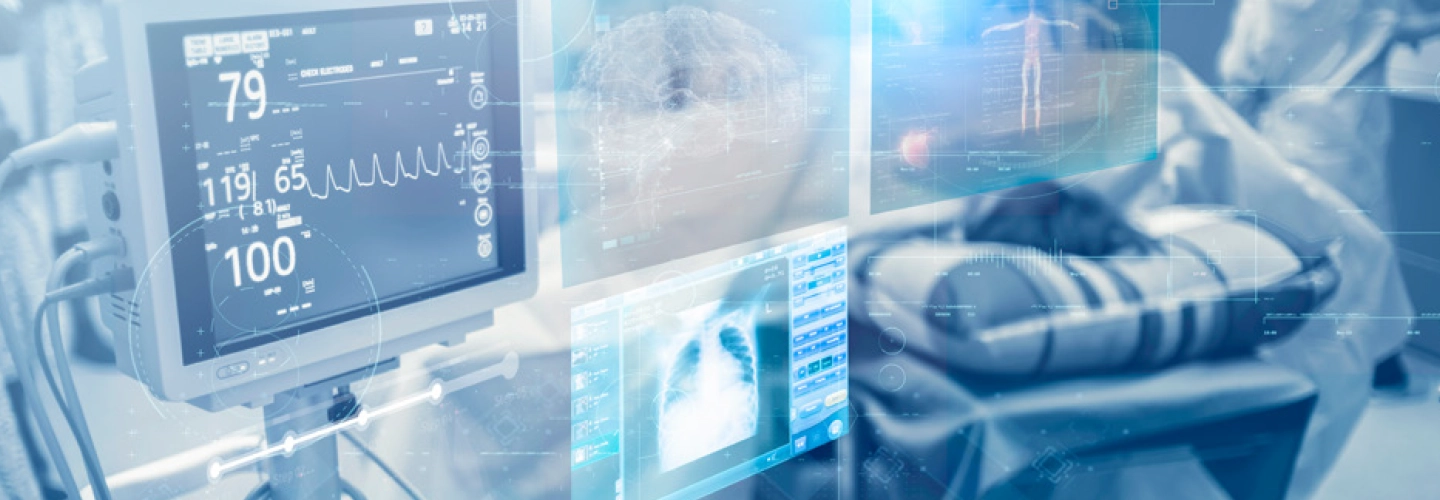In the modern era of healthcare, the need for seamless integration between diagnostic devices and Electronic Medical Records (EMRs) has become increasingly vital. This integration enables the efficient transfer of real-time healthcare data, empowering healthcare providers with valuable insights for clinical decision-making.
Healthcare data exchange must adhere to established standards, and HL7 Fast Healthcare Interoperability Resources (FHIR) has emerged as a leading standard in this domain. With FHIR, data from medical devices like hematology analyzers can be seamlessly transmitted to EMRs, ensuring timely delivery of analysis results to caregivers. Furthermore, the implementation of SMART on FHIR further enhances this integration, facilitating secure and effective communication by combining data from diagnostic devices, EMRs, and clinical decision support systems. This paper explores the significance of integrating medical devices with EMRs using SMART on FHIR, emphasizing its potential in improving clinical decision support systems and enhancing patient care.
